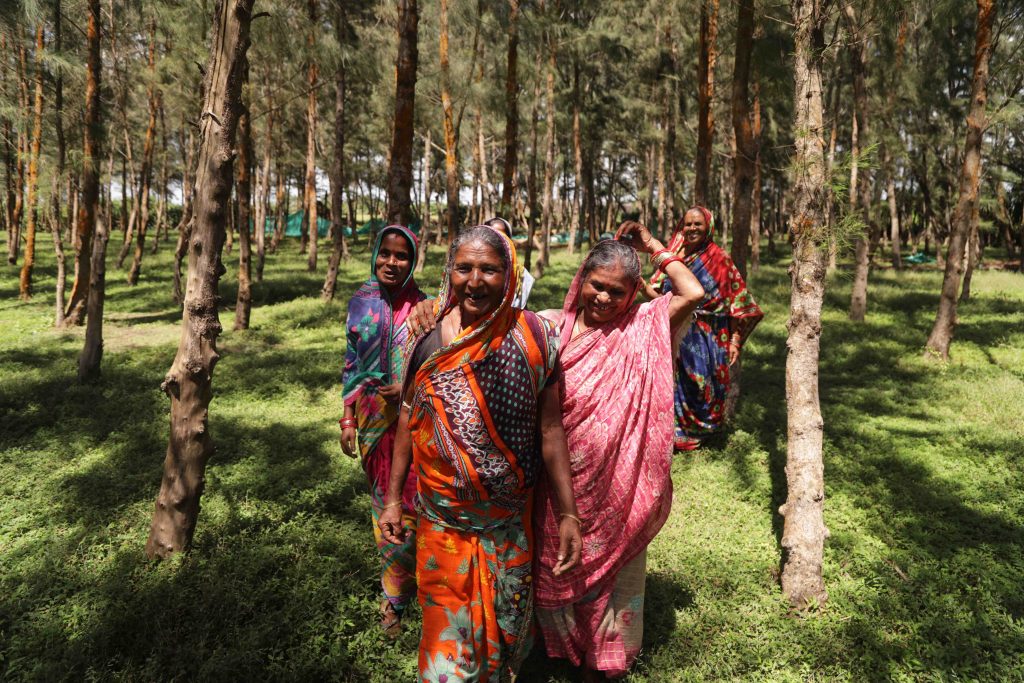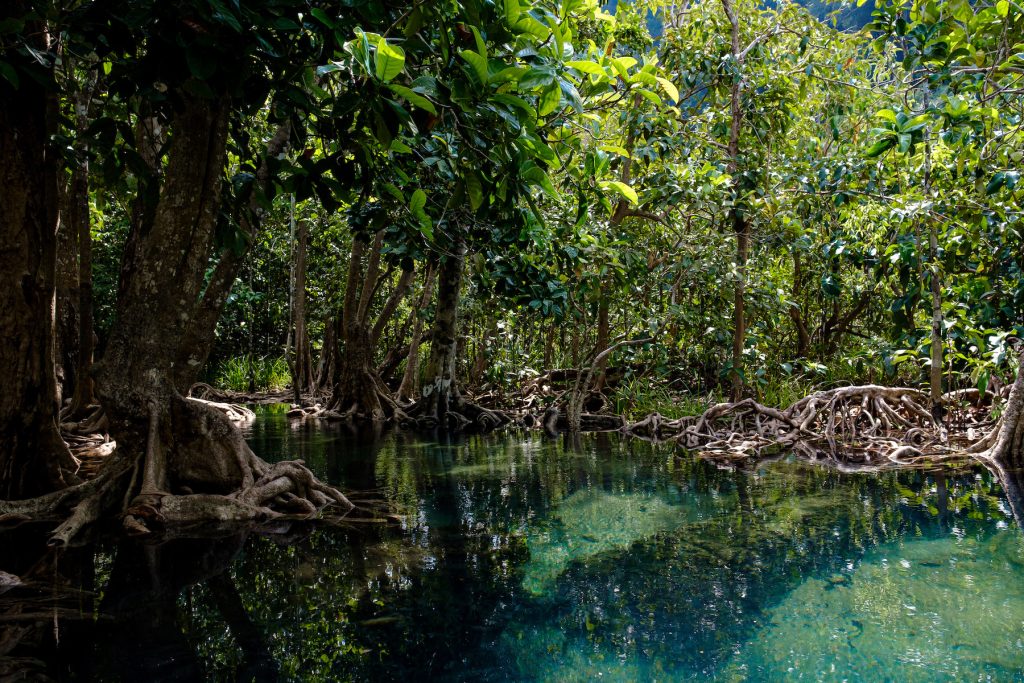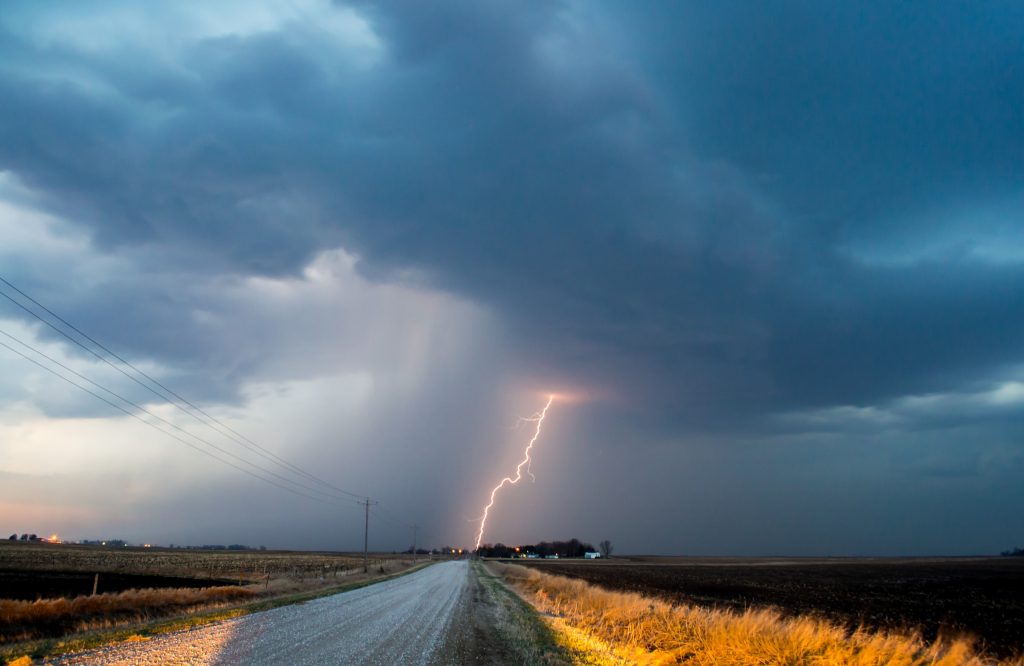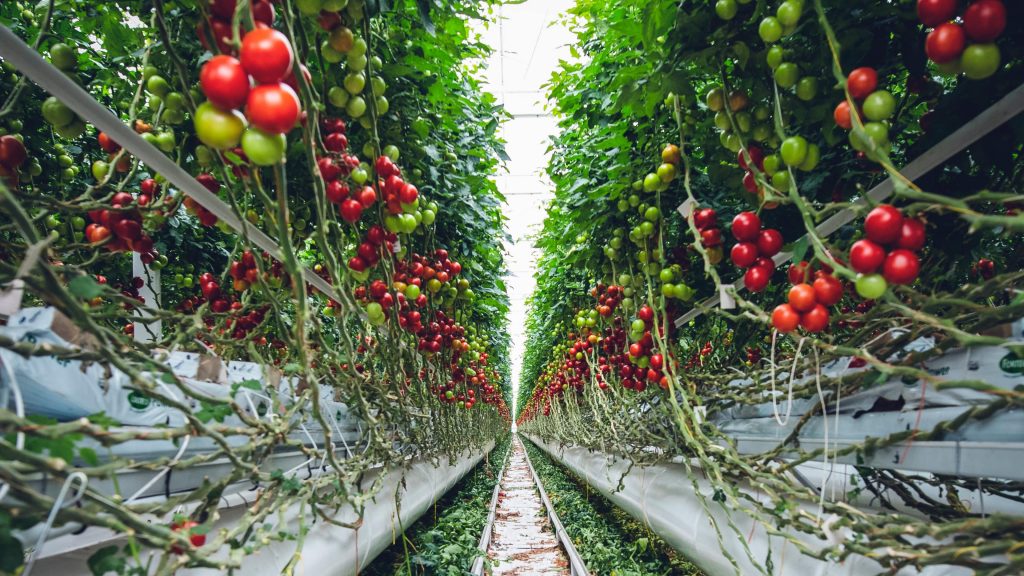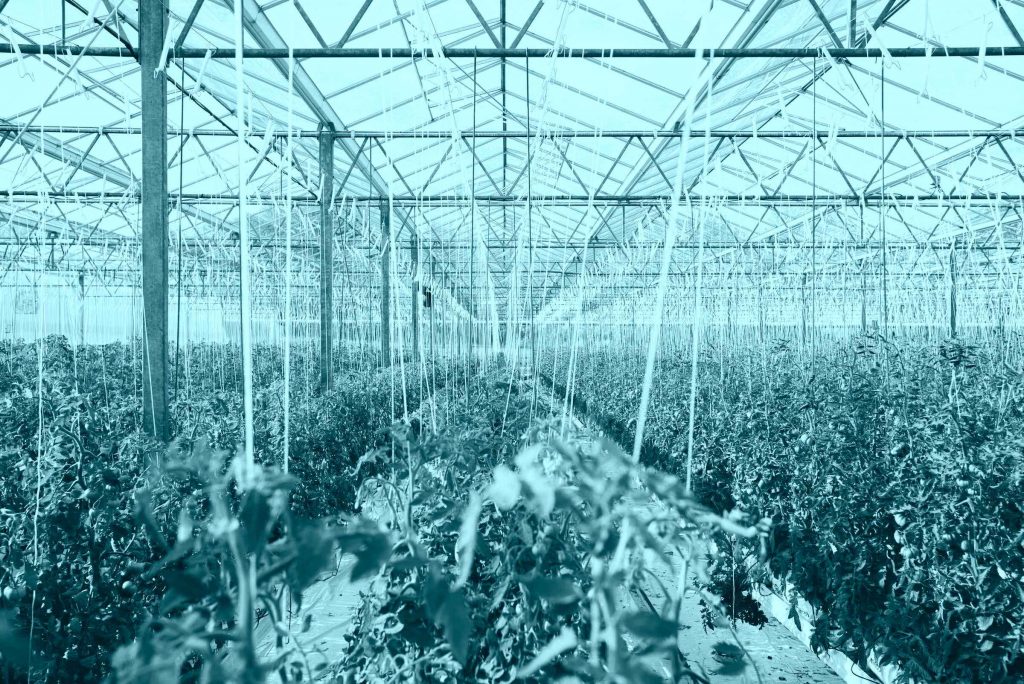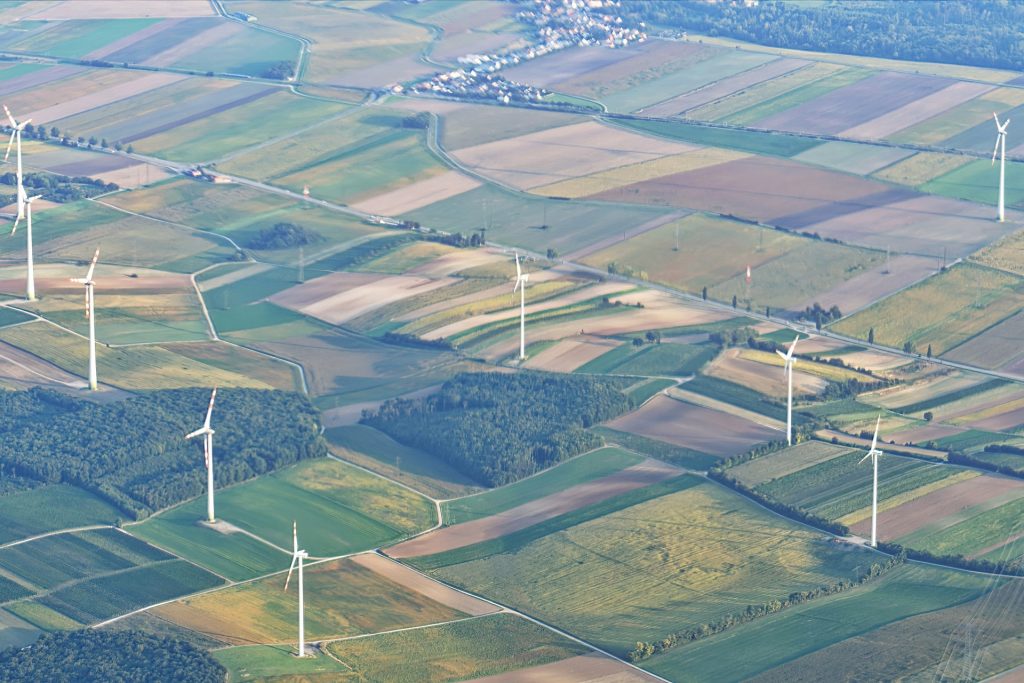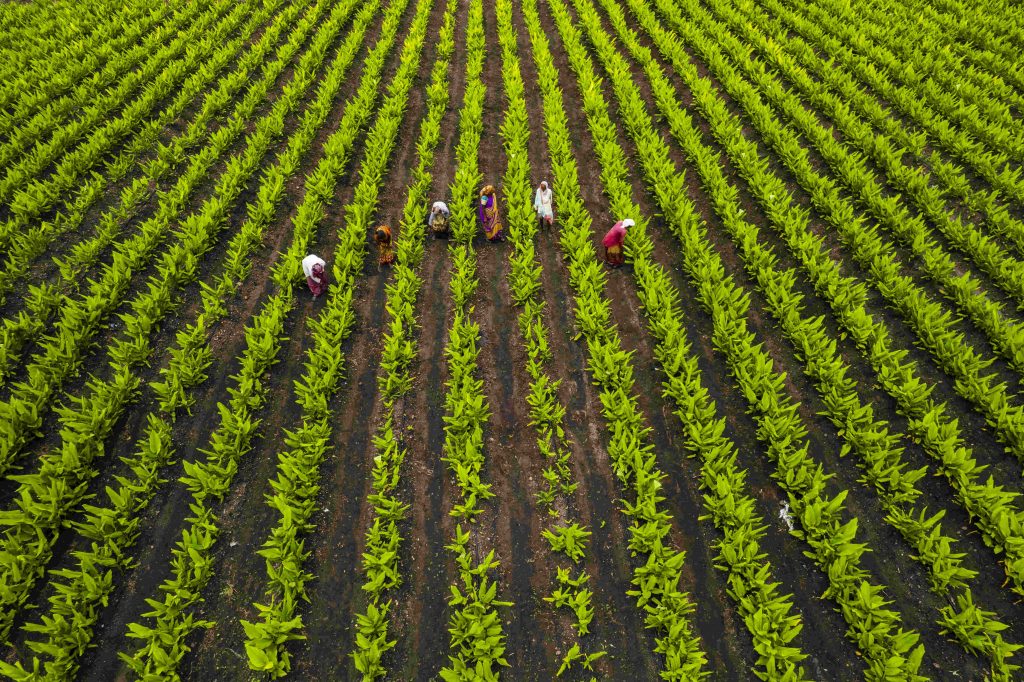
Revolutionizing climate adaptation financing: The untapped potential of private investment in resilience
Directing increasing funds towards climate change adaptation solutions is not only a widely shared necessity but also an opportunity for the private sector, both in emerging and developed markets. Part of the challenge is quantifying the actual adaptation finance gap and tracking funds already allocated to resilience worldwide. Experts from the Climate Policy Initiative guide us through this aspect of climate finance and how its narrative is changing, including successful experiences with private sector investments in the field.


